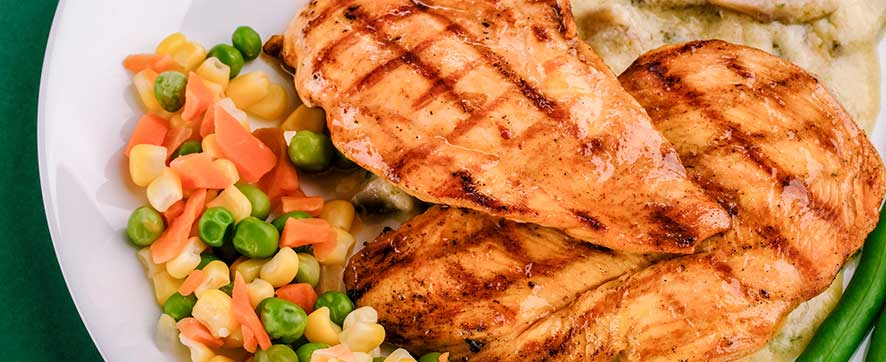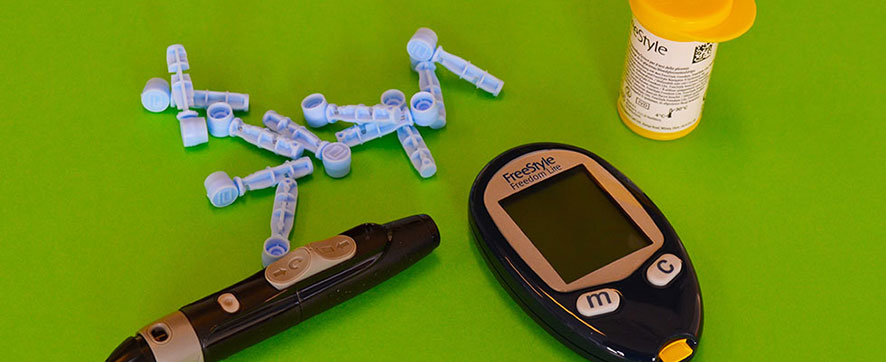Processed foods may contribute to weight gain because they’re low in protein, new research suggests. A lack of protein may prompt the body to try to balance nutrients by overeating, researchers theorize.
Researchers from the University of Sydney, Australia, funded in part by a red meat marketing and research company, looked at data on the eating habits of 9,341 Australians, collected between 2011 and 2012 as part of a national nutrition survey. They found people who “diluted” their diet with low-protein meals — particularly in the form of processed foods like pizza, chips, and fast food — tended to eat far more calories than they needed over the course of the day.
Conversely, the researchers found that participants whose first meal of the day was high in protein tended to eat less overall, which suggests getting a head-start on your protein needs for the day could curb appetite. The researchers concluded our bodies may try to stimulate appetite when we’re lacking protein, to compensate. The resulting “protein hunger” could drive us to overeat seemingly substantial processed foods, rather than vegetables and whole grains that are actually high in protein.
The study, published November 2 in the journal Obesity, suggests that how much protein we eat could make a difference in our total calorie intake — and whether we can gain or lose weight.
In general, the recommended protein intake is between 0.36 to 0.9 grams per pound of body weight per day. This theory suggests that our bodies aim to get within that range of protein — so if protein is a relatively small part of our diets, we have to eat a lot more to get enough.
Example: A person who weighs 150lbs would need between 54 to 135 grams of protein per day. Each gram of protein has around four calories, so that works out at about 216-540 calories a day of high-protein foods like meat, fish, chicken, Greek yogurt, beans, or soy. If that person ate a diet that is 15% protein, they’d need to eat up to 3,600 calories total to get enough protein, which could contribute to weight gain. In contrast, they’d be able to eat enough protein in up to 2,160 calories a day if their diet is 25% of daily calories from protein, keeping them well within the range recommended to maintain weight.
The hypothesis is that we need a certain amount of protein to function, and we will keep eating till we get to that protein goal that our bodies need. But the problem is that the food in Western diets has increasingly less protein. So, you have to consume more of it to reach your protein target, which effectively elevates your daily energy intake.
When it comes to how foods high in protein, fats, and carbohydrates affect your body differently, as well as why the latter two can potentially lead to obesity, simply breaking down protein burns the most calories, fat comes in second place, and carbohydrate comes in third. Also, part of this slower digesting process of protein is necessary for optimal blood sugar control and stable blood sugar makes weight loss a smoother process.
Cutting out processed foods can be challenging, since they show up everywhere in our diet, and are cheap, convenient, and tasty. Some evidence even suggests the combination of refined carbohydrates and fats in processed foods can be addictive. But it may be possible to make better choices with processed foods by opting for versions with more protein and fiber, and less added sugar, fat, and salt. This may help you feel full for longer, and help prevent overeating typically linked to processed foods.





0 Comments